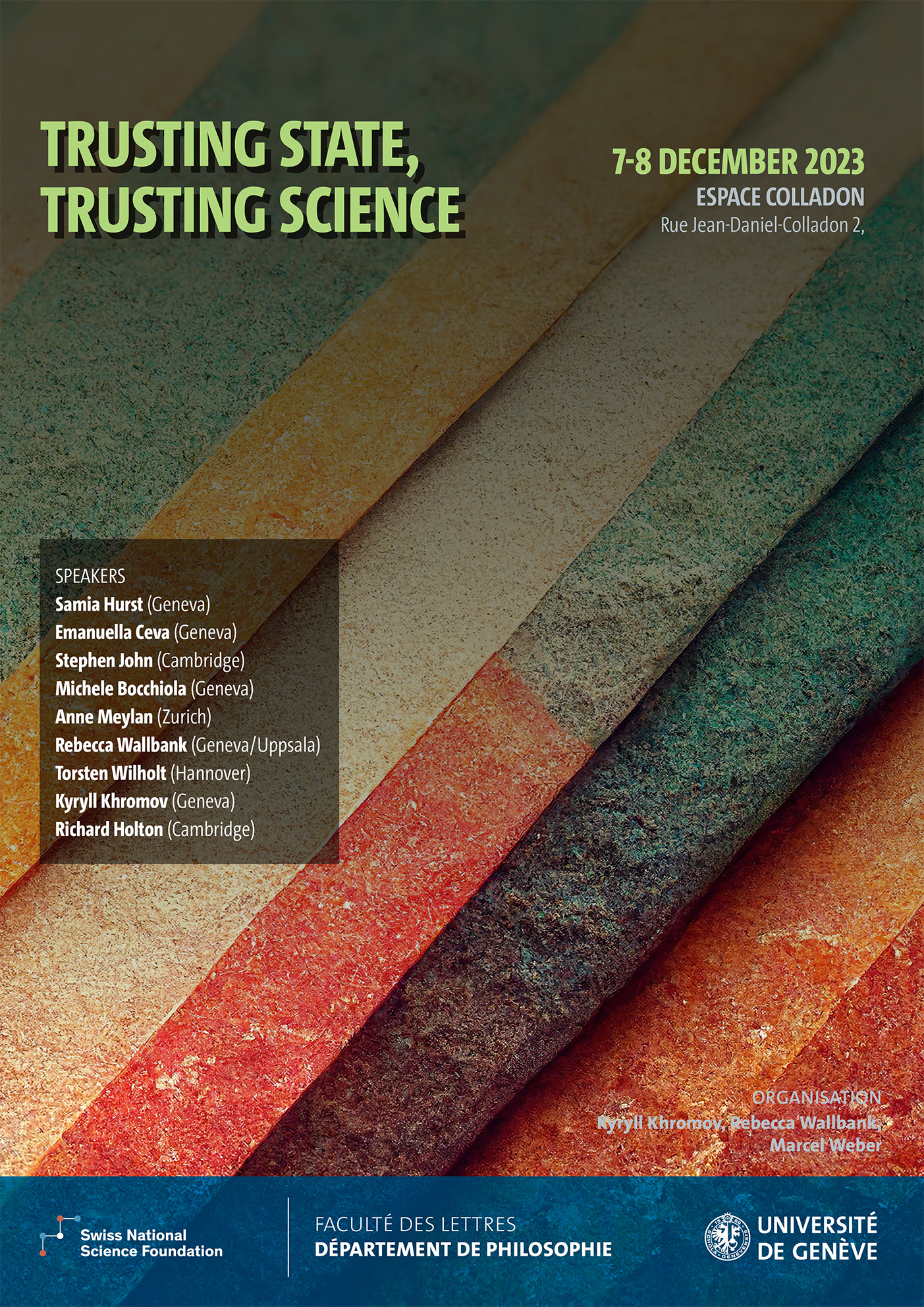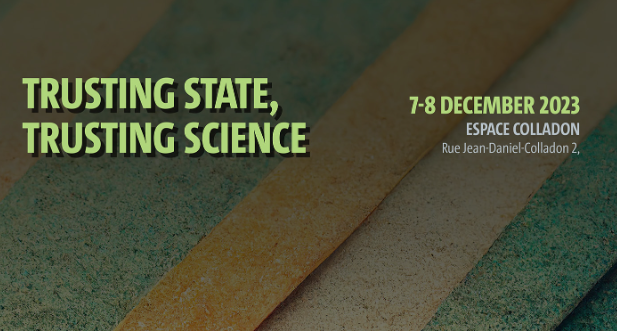Description:
The recent COVID-19 pandemic seems to have shown the importance of public trust in science in an unprecedented way. In a democratic society such trust seems to be essential for implementing evidence-based policies in any area of government, including in particular the environment, public health as well as economics. Fundamental questions concerning the relationship between science and the democratic state have recently received considerable attention in contemporary philosophy of science, as has the issue of public trust in science and experts in general. What has not been discussed as much is the relationship between trusting science and scientific institutions on the one, and the state and government institutions one the other hand. Therefore, this workshop will bring together philosophers of science, epistemologists and moral philosophers as well as political theorists and practical philosophers in the attempt to answer the question “What does trusting science mean, and how is it related to trust in evidence-based policies?"
To make better sense of these questions and to get closer to answering them is the aim of our workshop. We believe that to answer them satisfactorily, we need a solid theoretical foundation. Thus, we should start with basics and ask what trust is. What kind of mental phenomenon is it? What is the relationship between trust, rationality, and agency? Then we can move into the practical realm and ask: What does a person do when they trust science? What is the relationship between trusting science and trusting the state to use scientific evidence for policymaking? And, of course, what does it mean for science and policy to be trustworthy?

Speakers :
Michele Bocchiola (Geneva)
Emanuella Ceva (Geneva):
Richard Holton (Cambridge)
Samia Hurst (Geneva)
Stephen John (Cambridge)
Kyryll Khromov (Geneva)
Anne Meylan (Zurich)
Rebecca Wallbank (Geneva/Uppsala)
Torsten Wilholt (Hannover)
Abstracts:
Navigating Institutional Uncertainty: Officeholders’ Commitments and Mutual Trust by Emanuella Ceva
This paper examines the role of mutual trust among officeholders in public institutions as a crucial factor in upholding institutional action under conditions of existential, epistemic, and normative uncertainty. External factors such as resource scarcity or emergencies can contribute to institutional dysfunction, but internal factors related to the actions of officeholders are also important. I build on an understanding of public institutional action as a work in progress. I argue that a key internal element for this project to unfold is that officeholders trust each other’s commitments in their institutional capacity. I focus on the commitment of officeholders to act in ways that can be vindicated with reference to their power mandates (office accountability). In the context of interrelated institutional roles, trusting that others are so committed gives the trusting officeholder reason to act with the same commitment. By expressing trust, officeholders empower each other and set in motion institutional mechanisms that support public institutional action. This kind of cognitive trust has a special importance over other forms of dispositional or affective trust in sustaining the internal dynamics of public institutional action under conditions of institutional uncertainty.
